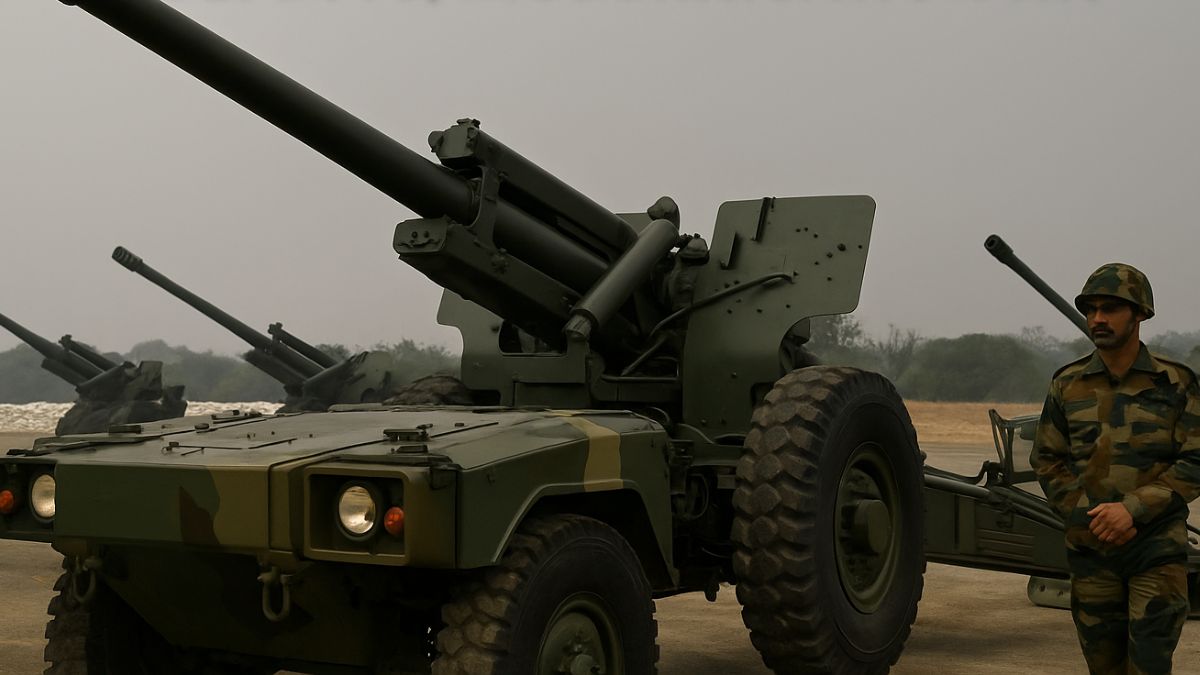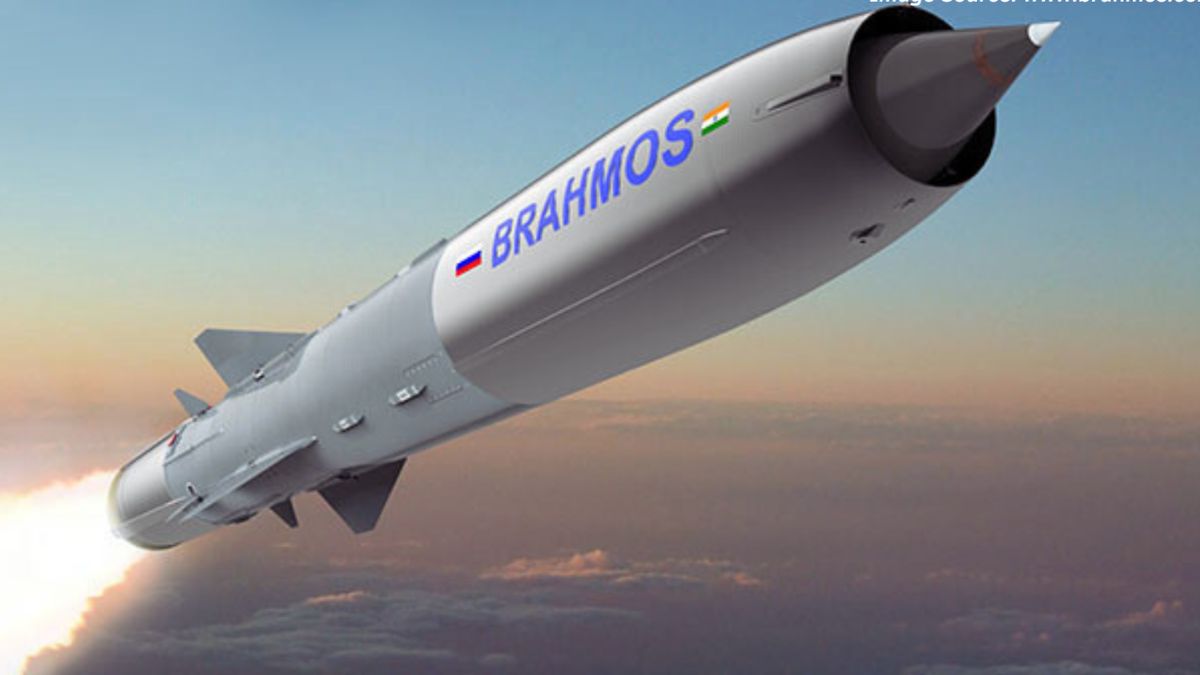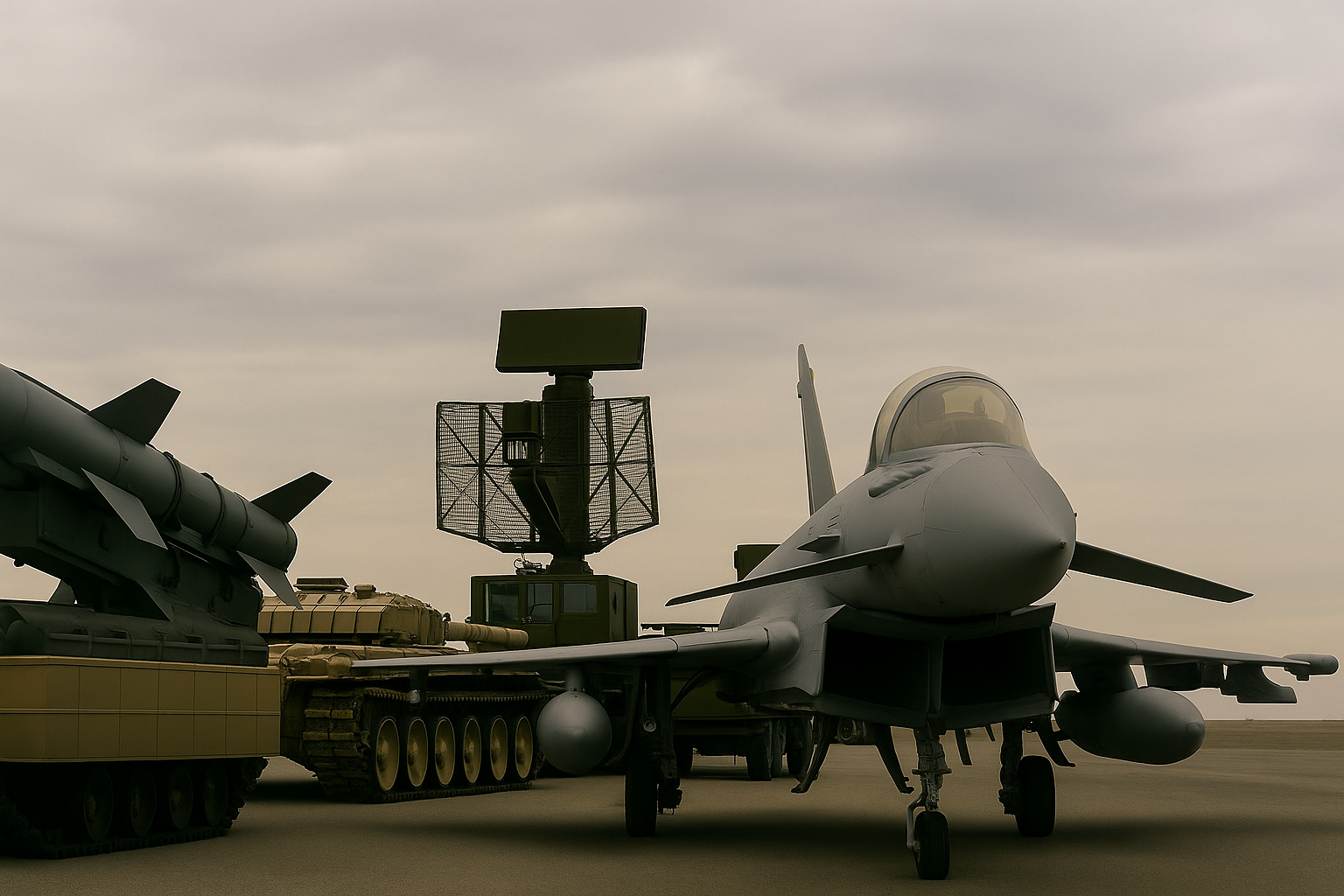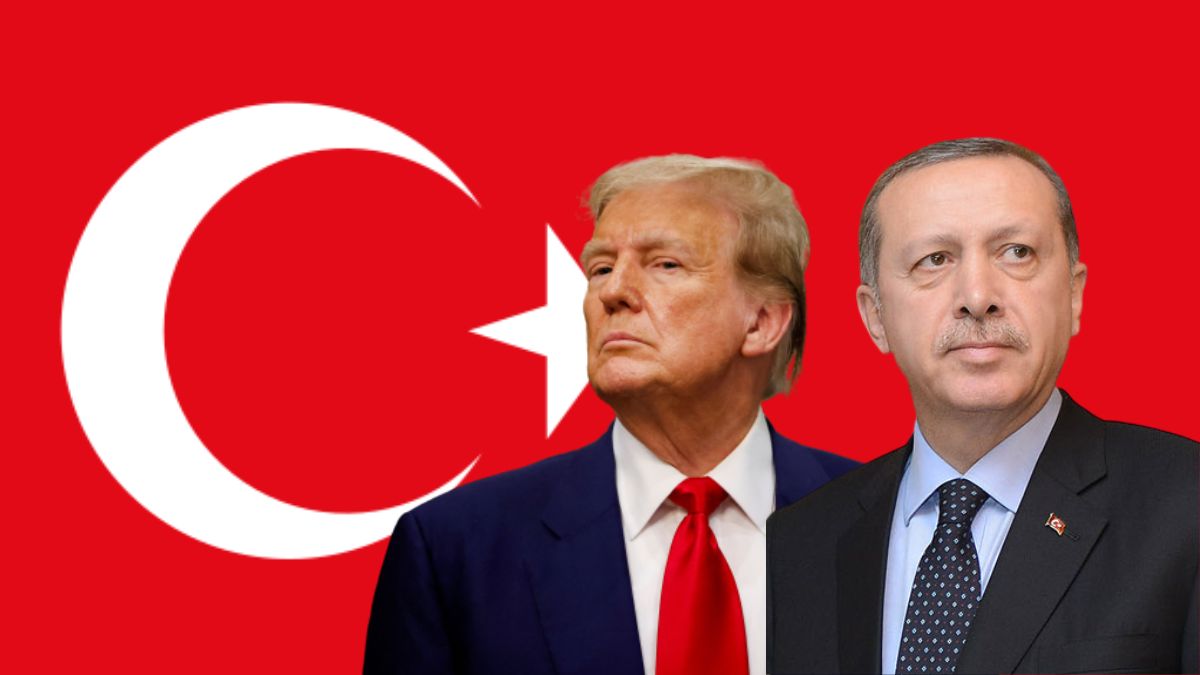Indian Army Halts Sharang Artillery Guns Induction Over Quality Defects, Modernisation Hit

The Indian Army has suspended further induction of Sharang artillery guns after identifying serious quality issues in metals and components supplied by AWEIL. Image courtesy: AI generated picture via DALL-E
In a major setback to India’s artillery modernisation programme, the Indian Army has suspended further induction of Sharang artillery guns after identifying serious quality issues in metals and components supplied by the defence public sector unit Advanced Weapons and Equipment India Limited (AWEIL).
The move comes at a sensitive time when Operation Sindoor remains active and regional security challenges continue to mount.
What is the Sharang guns upgrade programme?
Launched in 2018, the Sharang project aimed to upgrade 300 Soviet-era 130mm M-46 artillery guns to 155mm/45 calibre standard, enhancing their range from 27 km to 39 km. Valued at approximately Rs 200 crore, the contract was awarded to the now-defunct Ordnance Factory Board, later replaced by AWEIL.
So far, 159 guns have been delivered to the Army. However, senior defence officials confirmed that multiple “mechanical, electrical, electronic, and metallurgical defects” were detected, prompting the Army to halt induction of the remaining 141 guns.
“The upgrade of 159 guns has been completed, but with multiple quality concerns. We have temporarily stalled further inductions until AWEIL rectifies all defects and assures quality standards,” a senior officer said.
What are the issues with upgraded Sharang guns?
One of the most alarming issues flagged relates to the muzzle brakes, a critical component that reduces recoil and improves accuracy. AWEIL had procured 200 muzzle brakes from a private vendor, but artillery units reported they were of substandard quality and posed risks to both operational performance and personnel safety.
Since the induction of the first 18 Sharang guns in March 2020, artillery units have repeatedly reported failures in mechanical and electronic systems. Despite repeated complaints, sources say AWEIL has failed to address the concerns.
“The issue has been known to AWEIL for over two years. Continued delays and subpar fixes endanger soldiers’ lives and waste public funds,” another senior officer said.
Will the Sharang gun defects and the delays be investigated?
The incident has sparked calls for a formal inquiry into accountability for the use of substandard metals and components. Defence experts argue that the development undermines India’s efforts toward indigenisation and self-reliance in defence manufacturing.
This is not the first controversy to hit India’s artillery programme. The CBI is already investigating Sidh Sales Syndicate for allegedly supplying counterfeit roller bearings for the Dhanush guns, India’s upgraded version of the Bofors system.
With the Army refusing to compromise on quality, AWEIL has been formally informed that no further Sharang inductions will proceed until all defects are rectified.







